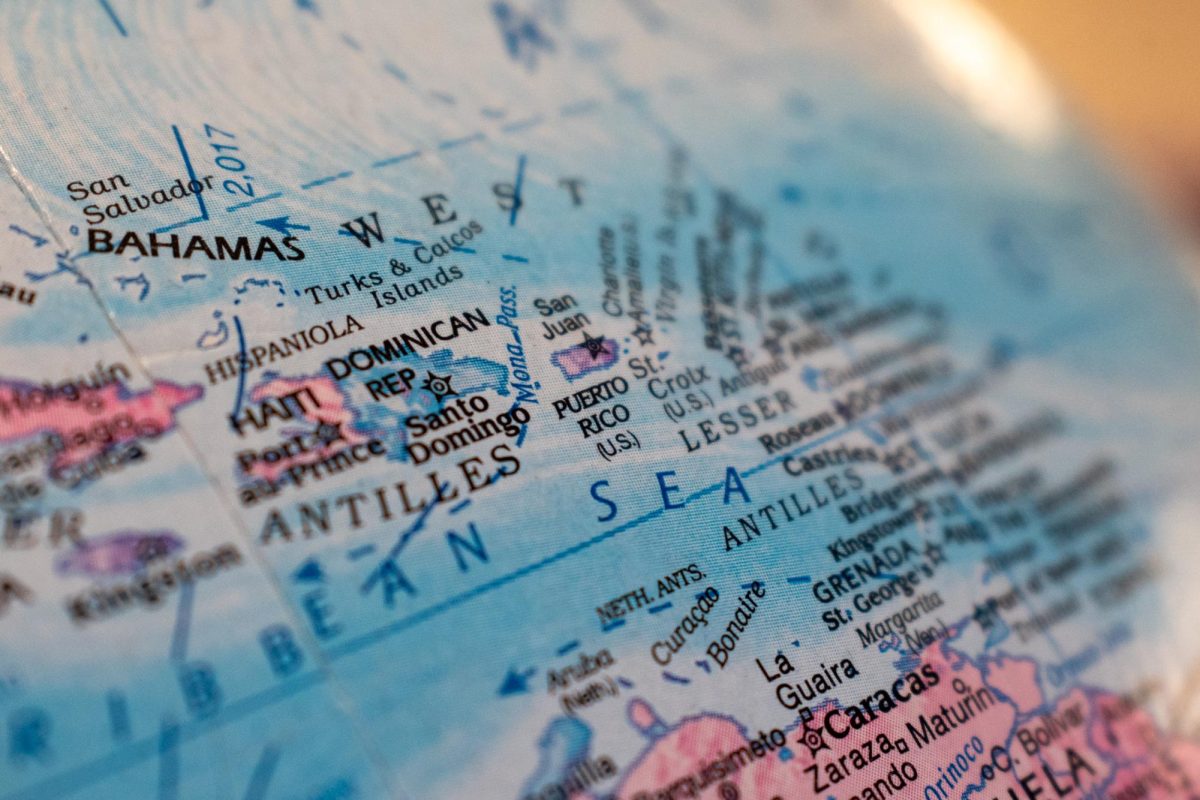To explore the biological diversity of Puerto Rico and trace its history, 17 U-High students and three teachers will venture to the island June 17-26, 2024. For this inaugural trip, the group will start in San Juan and will move through cities learning about the area’s ecosystem and specific history.
Students interested in applying for this program should email science teacher Daniel Bobo-Jones, one of the faculty chaperones.
Mr. Bobo-Jones often visits Puerto Rico, and hopes for the trip to be not only a biological experience but also a history lesson.
“If you go there and use Puerto Rico for its biological richness, you’re no better than the colonizers who have raped and pillage the island,” he said. “I don’t want our students to just use whatever we could, like everybody’s used it before. No, we’re going to learn about biodiversity, but in the context of Puerto Rico, and why it is the way it is today.”
Mr. Bobo-Jones says he wants to give U-High students a broader view of the world through this trip.
“Lab is a unique place, and don’t get me wrong, I absolutely love it,” Mr. Bobo-Jones said. “Lab kids, if they are not people of color, have this very black-and-white view that people are either Black or they are white, and there’s nothing in between. Puerto Rico is the best place to see that people are of European descent, people are of African descent, people are of both descents all at the same.”
Other teacher chaperones for the trip are history teacher Isaac Berrueta and math teacher Shauna Anderson. Mr. Berrueta, who teaches Latinx history, hopes this trip will influence future Lab-sponsored trips to Latin America.
“I hope that it can set a precedent to be able to take more trips to Latin America and explore the rich culture and traditions of different parts of Latin America,” Mr. Berreuta said. “I’m definitely excited to open up the door and explore. When it comes to Latin America, it’s such a rich and diverse region geographically, and even demographically.”
Initially, Mr. Berrueta signed onto the trip to provide social studies support for the science department. He believes the trip will allow for personal enrichment to broaden his own knowledge on the history of Puerto Rico.
“I’m looking to learn more about Native American traditions in Puerto Rico and about the Taíno people,” he said. “Very little is known about them. Unfortunately, because of the conquest and colonization, we lost a lot of history of the Taíno people. I would also like to get more insight and perspective into the Afro Latino community there. That’s a big part of my curriculum and a big part of my interest.”





















































